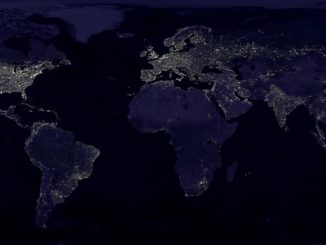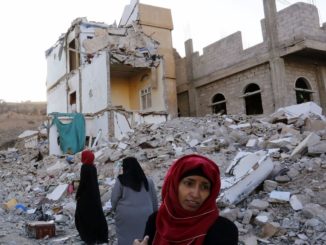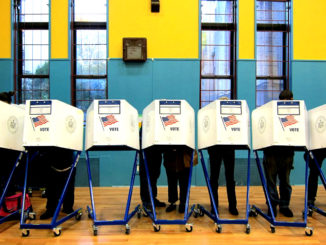
Crisis After Crisis: 10 Years After the Crash, There’s No ‘Reforming’ Global Capitalism
In critical areas where major economic reform is needed, few to no measures have been taken to prevent a recurrence of 2007. The next big implosion may be just around the corner. The way forward will be largely determined by the outcome of a political struggle between two post-globalization camps. One would not be too far off in characterizing this confrontation as between fascism and democratic socialism.




